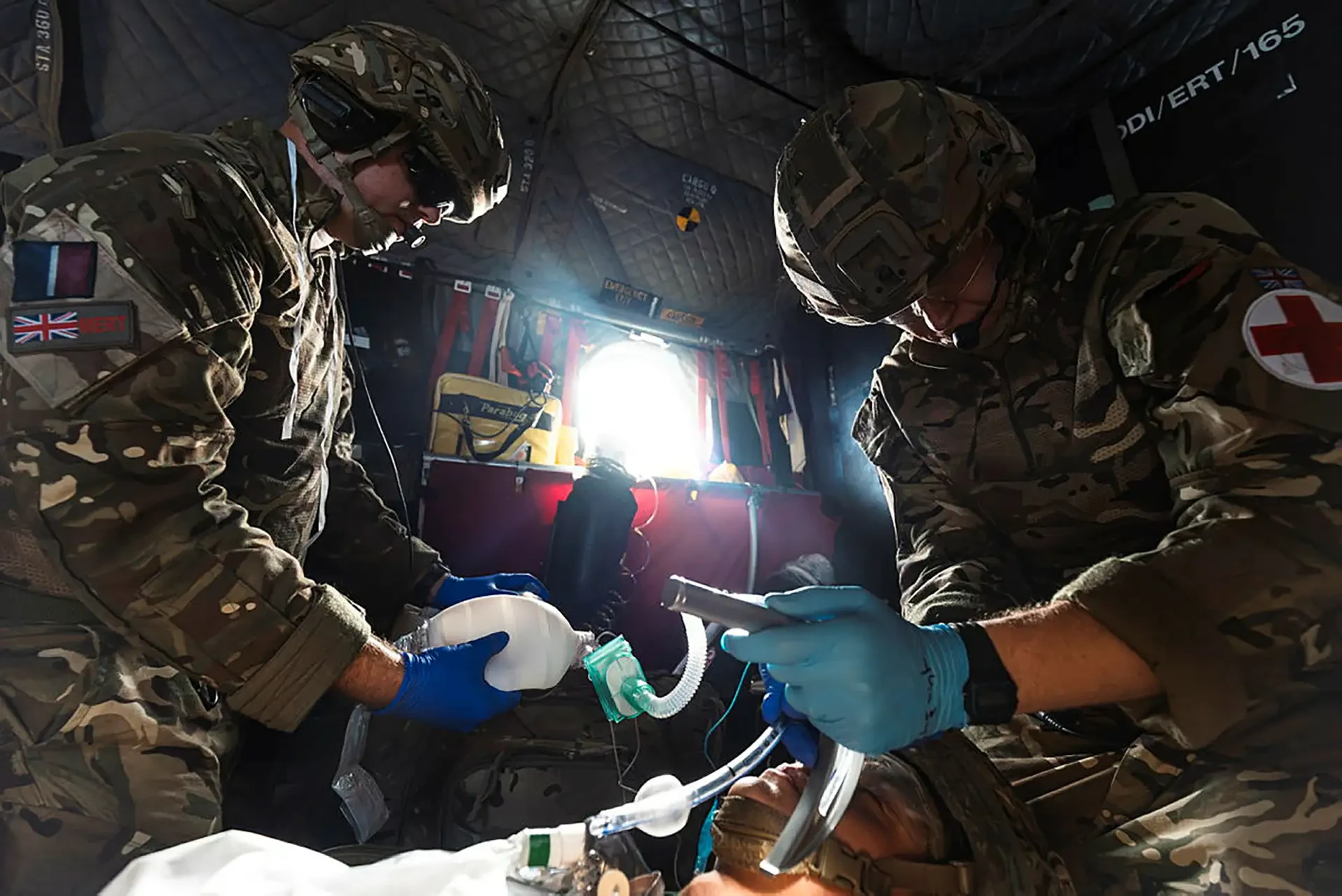‘I can’t give you what you want Liz, it’s not that easy…’
These are NOT the words of an ex-boyfriend breaking up with me, but the words landing on my ears from the Clinical Psychiatrist sat across the desk from me….
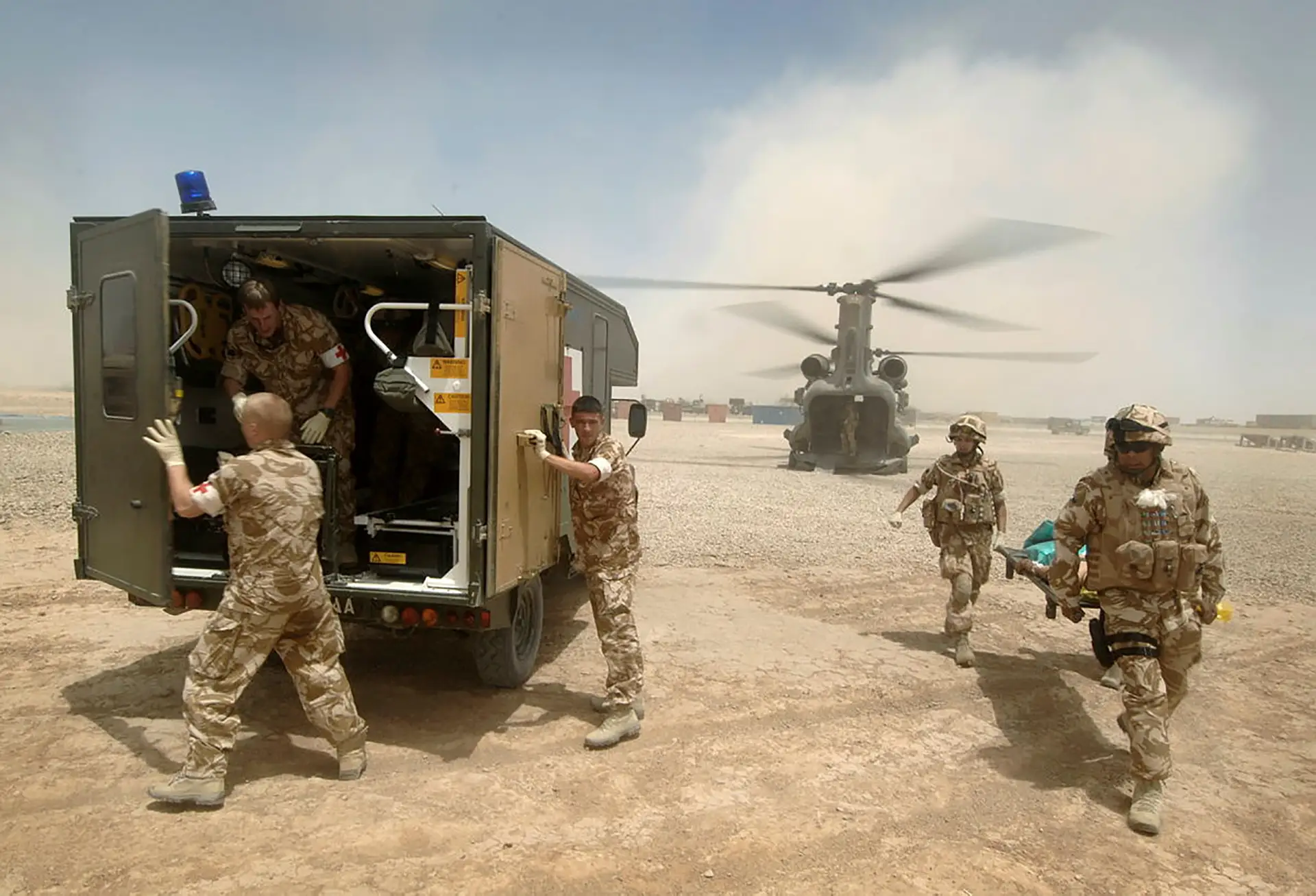
What I Wanted
What I ‘wanted’ was a Post-Traumatic Stress Disorder (PTSD) diagnosis, having been through three years of intensive and extensive counselling. I finally wanted to draw a line under it, get a stamp, get closure and move on with life, but alas, things are never that black and white are they which is something which can be very difficult for us aviators to understand….the muddy waters, the grey space, the ‘spaghetti’….
I was medically discharged from my 17-year career on the UK RAF's Chinook Force in 2019, mainly due to a neck and cold weather injury, with not a whiff of PTSD in sight. During my time on the mighty 'wokka' I had served on ten operational deployments to Afghanistan, seeing some of the most traumatic and harrowing images down the back of my aircraft, yet it never seemed to affect me. Collecting multiple '9-liners' (a NATO standard Medical Evacuation document) back-to-back, mass casualties screaming on the floor at my feet, and seeing body after body on stretchers, ripped open or torn apart, seemingly had no impact on me. I had a job to do, WE had to keep going, THEY (the soldiers) were relying on us - sound familiar? As the years went on the Chinook force, me included, began to normalize this constant trauma. On my last Medical Emergency Response Team (MERT) 'shout' we collected a KIA (Killed In Action) American soldier from FOB Edinburgh, about halfway up the Helmand Valley. As the stretcher came past me, the body covered in a stars and stripes flag, I was handed his foot in a clear plastic bag. I took it, placed it at my feet and carried on as if it was the most normal thing in the world.
Aftershock
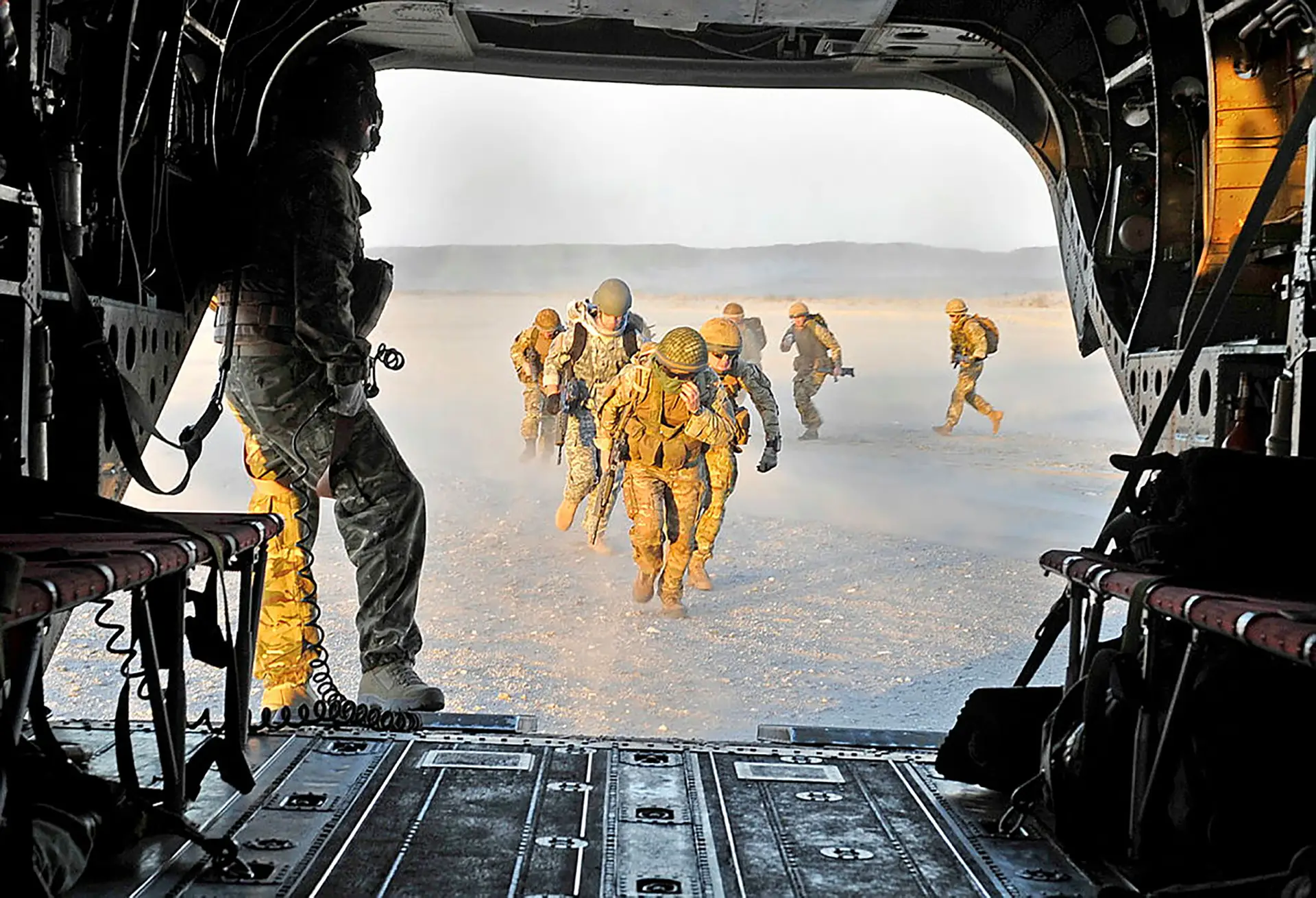
Post Operation Herrick, the UK title for operations in Afghanistan, many of my Chinook mates, ‘got PTSD’; that’s simply the term we used, like it was a contagious disease or something. Yes, I had sympathy for them, but no empathy, as I genuinely at that point had zero feelings, flash backs or nightmares about the things we had experienced in theatre. The only thing that ever caught me out emotionally were flags. I found that seeing a union jack would have a far deeper impact on me towards the latter end of my career than it did at the beginning. It went from being a symbol of pride to being one of sorrow, and always brought a lump to my throat, having seen so many of our British soldiers lying under them, having paid the ultimate price for their country. On the day I left the RAF, my partner at the time and I cracked a bottle of fizz and toasted one another. How had we got out alive with our limbs and heads still intact after an extensive career for us both? He was a Special Forces soldier so also at the ‘sharp end of the spear’. What I hadn’t realised is, that I had just filed everything deeply in the 'Pandoras Box' at the back of my brain, and over the years I had put in some fairly good coping mechanisms to prevent that box from ever opening.
Roll on to 2020 and the world suddenly got quiet, for all of us, overnight. It was now that the music had stopped that the ‘noise’ began. My coping mechanisms over my years on Herrick had been running to ‘empty the bucket’ at the end of a bad day. And I think we are all guilty of staying ‘busy’ to avoid thinking about any niggling issues or facing things we don’t want to revisit. Both of these were gone during the initial lockdown when we weren’t allowed to exercise nor indeed bubble with anyone, and I found myself alone in my little flat in Basingstoke. My brain, with too much space and time to fill, began to slowly trickle feed the memories from ‘the box’ into the forefront of my thoughts. The lack of routine led to insomnia, which in turn led to more time and space for the thoughts to bounce around my head like a destructive marble that dislodged itself every time I put my head on the pillow, causing more and more damage as the marble bounced around my brain. I found myself at 2AM running through stoppage drills on the M134 MiniGun, the next night, running through the aircraft arming up checks and emergency drills. Things I would never need to know again having been out of the military for years, but things I had also needed to know, instantly, when it counted the most. The red flags really started to fly. One evening at 4AM I found myself with my logbooks out and googling those soldiers who had died on the back of my aircraft. Were they fathers? Were they married? One had proposed to his girlfriend just before deploying and never made it home. I was humanising the body bags, something we had never done while on MERT, as we knew the detrimental impact it would have on our mental health. The body bags were just a very precious piece of freight we had to get back to Bastion for repatriation.
One month later, I took an overdose with the sole intention ending my life. Stopping the constant noise, and the black days, for good….

Spoiler alert! I survived.
I was very lucky to do so as it happens, but now the hardest battle of my life was about to begin, putting it all back together. I began my counselling with the force’s charities almost immediately and it’s fair to say I learnt more about myself in the following three years than I ever did in my 17 years of service.
We are taught from the second we put a uniform on, to go to the fight, to go ‘towards’ the danger. Especially as aircrew, we are trained to stay put and deal with the danger presented in front of us. Normal response to these scenarios in the brain is to run away, the classic 'lion enters the room, we exfil stage right'! But what about when YOU are the captain of an aircraft, in an emergency, poor weather, being shot at or on SAR duties, or of course a crewman going down on a wire, or manning a gun that is there to protect the aircraft and all your mates? You can’t run away, hit the floor, or take the exit. You must override your brain's natural response and deal with it. This happens so routinely in the aviation environment, never mind a war zone, that we become robotic in our behaviours. We become ‘unflappable’. But it’s when ‘unflappable’ blurs into ‘normalising danger’ when the damage starts to happen, a shift in thought and behaviour that is very hard to reverse. Hard boiling the eggs….
What to look out for?
For me there were some pretty obvious moments as mentioned above, but there are definitely more subtle indicators that I’ve seen many friends suffering and I also, retrospectively, recognised in myself that year. Insomnia being one of the main symptoms, which can unravel any human very quickly. Look for it in your colleagues, it can show in people’s actions (sluggish), behaviours (yawning/forgetfulness), habits (‘man I need a coffee being their first words each morning’) and of course their faces, (it can age us significantly). Another main indicator is a 180-degree shift in behaviours, usually fuelled by lack of enjoyment in the things you used to love. This was certainly the case for me who went from gym bunny, marathon runner to couch potato, junk eater overnight. But I recall seeing similar behaviours post-detachment with other mates. For example, coming back from Deployment and the usual party animal now avoiding the push straight to the pub from camp on arrival home. This can swing both ways though, the one pint then home lad, becomes the last man standing each night. Look for these signs amongst your work mates and friends, as very often you will spot them much earlier from the sidelines than they will from the eye of the storm.
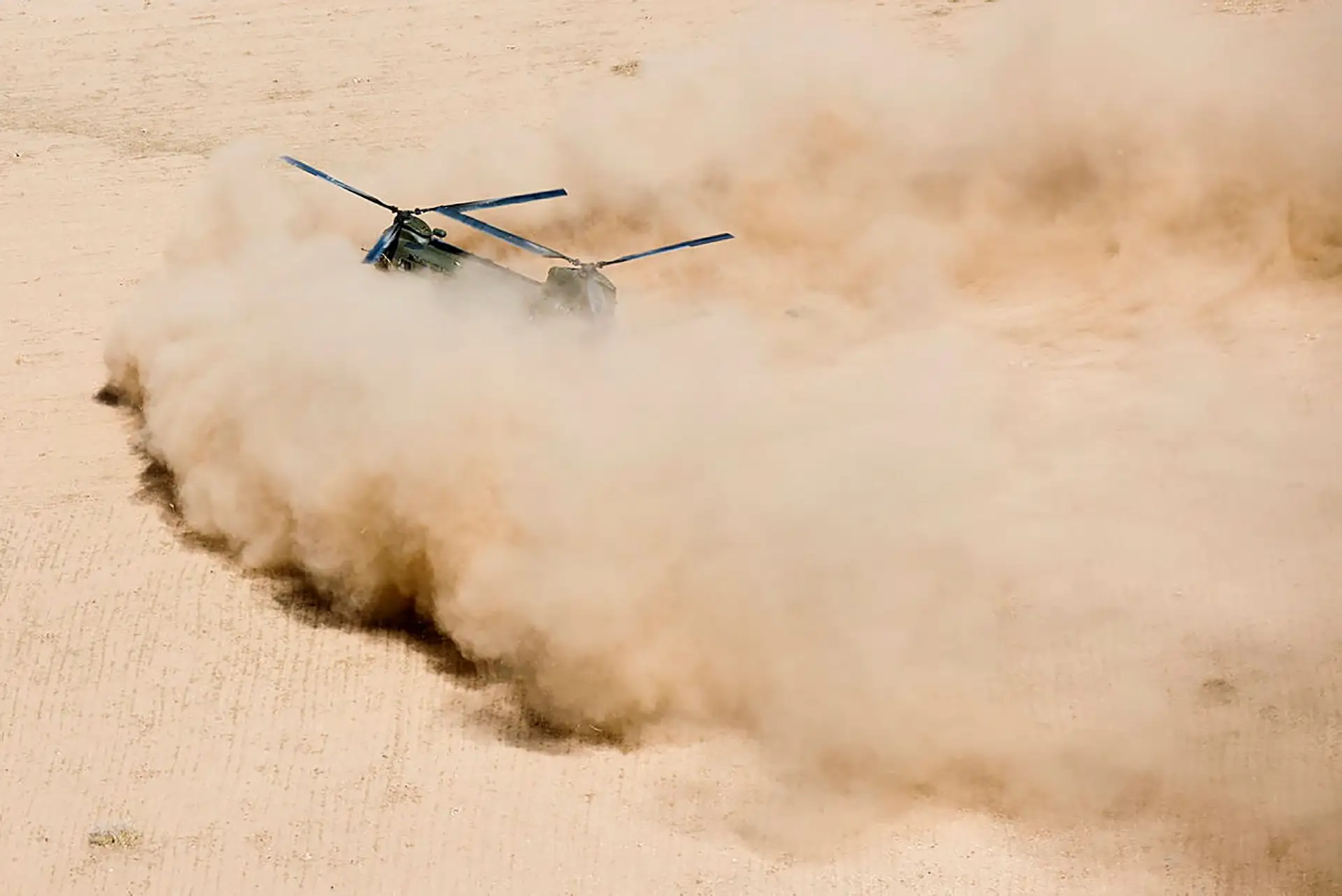
So how do we reverse it?
Well firstly there is a time and place for that to happen. The training we receive as aviators or being in the military certainly has it’s uses, and it helps us to do our jobs effectively. I think you can only really address the risk of PTSD when stepping away from that environment daily, weekly, end of shift or end of career; but we do need to acknowledge that this behaviour to compartmentalise, bury and prioritise is ‘trained into us’ and is not normal. That’s the first step, acknowledgment. Getting into a debrief and saying ‘well that was sad/tough/scary… (insert emotion as required, and yes, it’s not a dirty word!) and, most importantly, sometimes just being human.
Also, as taboo as they are, anti-depressants can actually redress this chemical imbalance in our brains. There is still a huge stigma around anti-depressants in general but, essentially, when your brain is in ‘fight mode’ it pumps a whole load of chemicals into your brain to allow you to stay in the fight and overcome your flight response. Do this over and over enough times and you essentially flood your brain with these chemicals. Anti-depressants can re balance that. I was on medication for 18 months, a few different types, but I eventually found the one that worked for me and was able to slowly come off them. I was left feeling level and much more like my old self again. We hear so many horror stories about anti-depressants, but when used properly, just like a plaster cast for a broken leg, they can mend your broken brain.
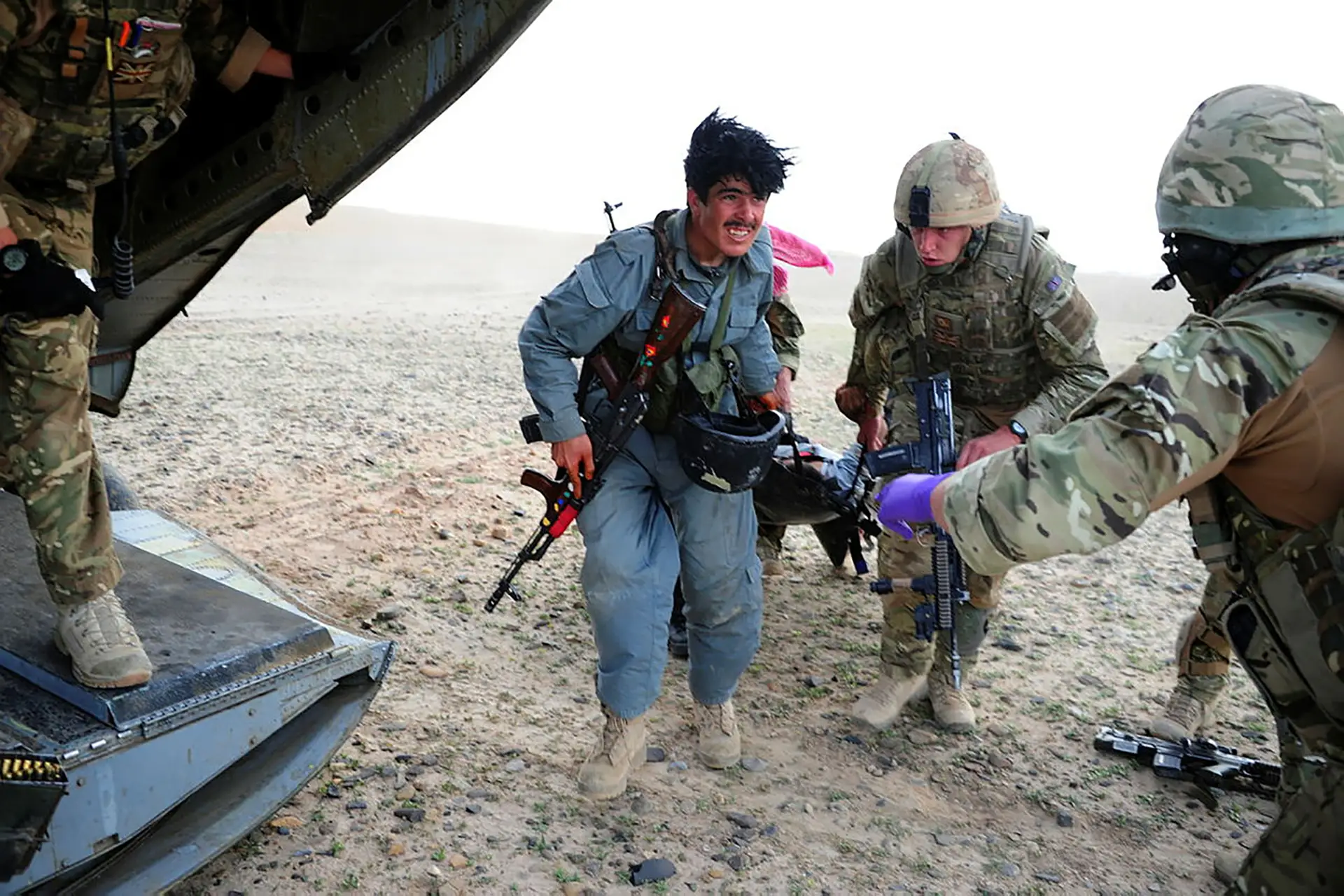
And finally, we need to talk. Aviators are on a pedestal, sometimes amongst the crew depending on role, within families or communities, and even in the public's eyes. The idea of seeing a BA captain, sat in Heathrow, head in hands crying is unthinkable. But you are still human, underneath that uniform and rank, you feel, you hurt, you bend, and, sometimes, you break. And that’s ok, because you ARE not a robot, you are simply trained to be one.
My PTSD has never looked like night sweats, flashbacks, and I don’t hit the floor when I hear fireworks, it’s far more complicated than that. It’s a lifetime of different strands of spaghetti, each a different traumatic experience, muddled up in one big bowl and I’m in there somewhere, buried at the bottom. My years of counselling have helped unravel some of those strands but there is still much work to be done. So the shrink was right, despite me ‘wanting’ a quick fix, a final diagnosis - that’s not what I needed. We are starting to see the bottom of the bowl, but there’s still strands to untwine before I’m free of getting tangled again, and risk getting dragged back into the mess. So as much as I hate to admit it, what we need will always be better for us that what we want.
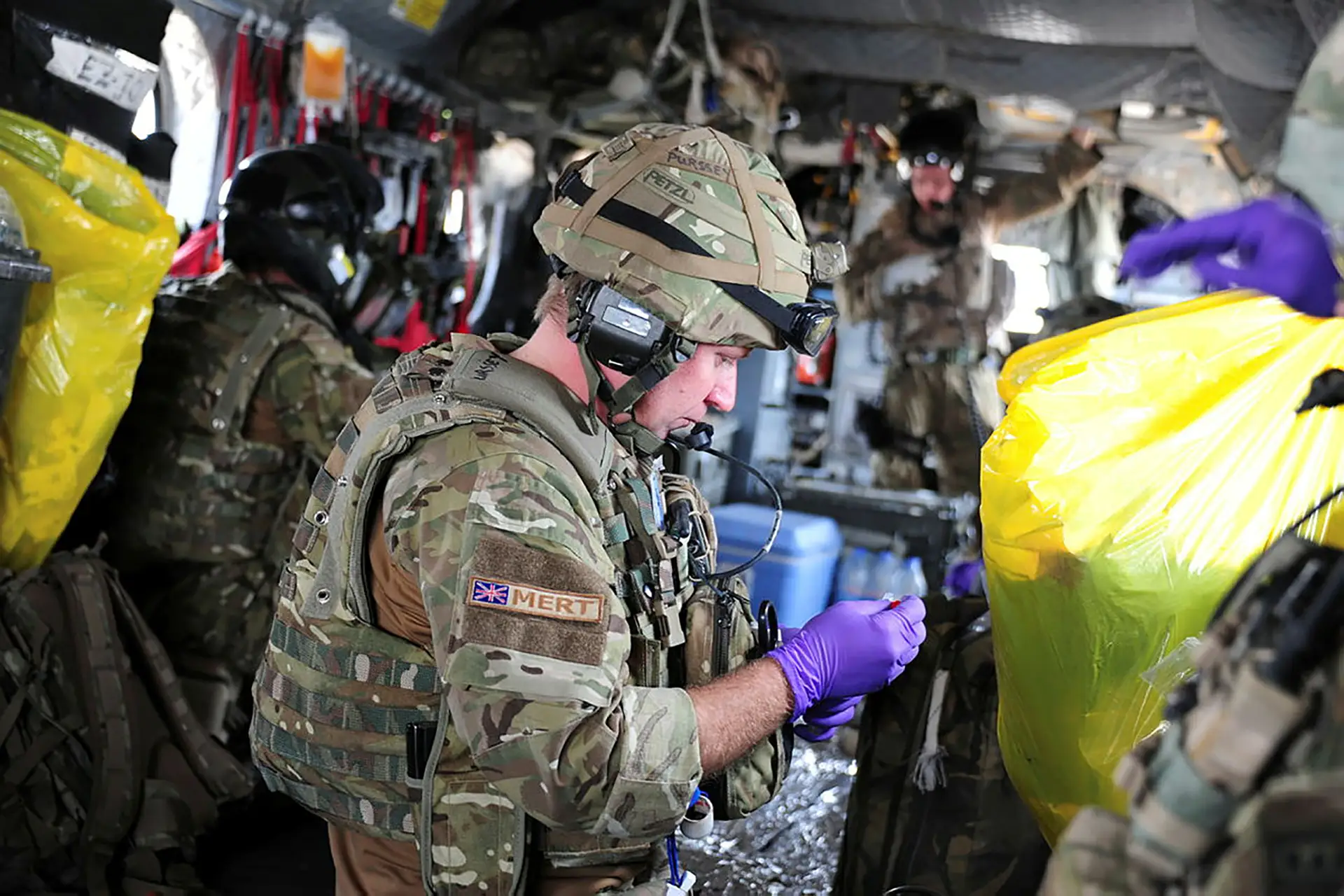
There is no quick fix for PTSD, but there are lessons you will learn from it. Lessons that will make you stronger, more self-aware and resilient going forward. What doesn’t break us, really does make us stronger. My struggles have now become my strength, and my mess is now my message. PTSD doesn’t define you; it can be a chapter in your life, a complex and colourful one in equal measure, and when you come out the other side you be a better person for it.
I’m walking proof of that.
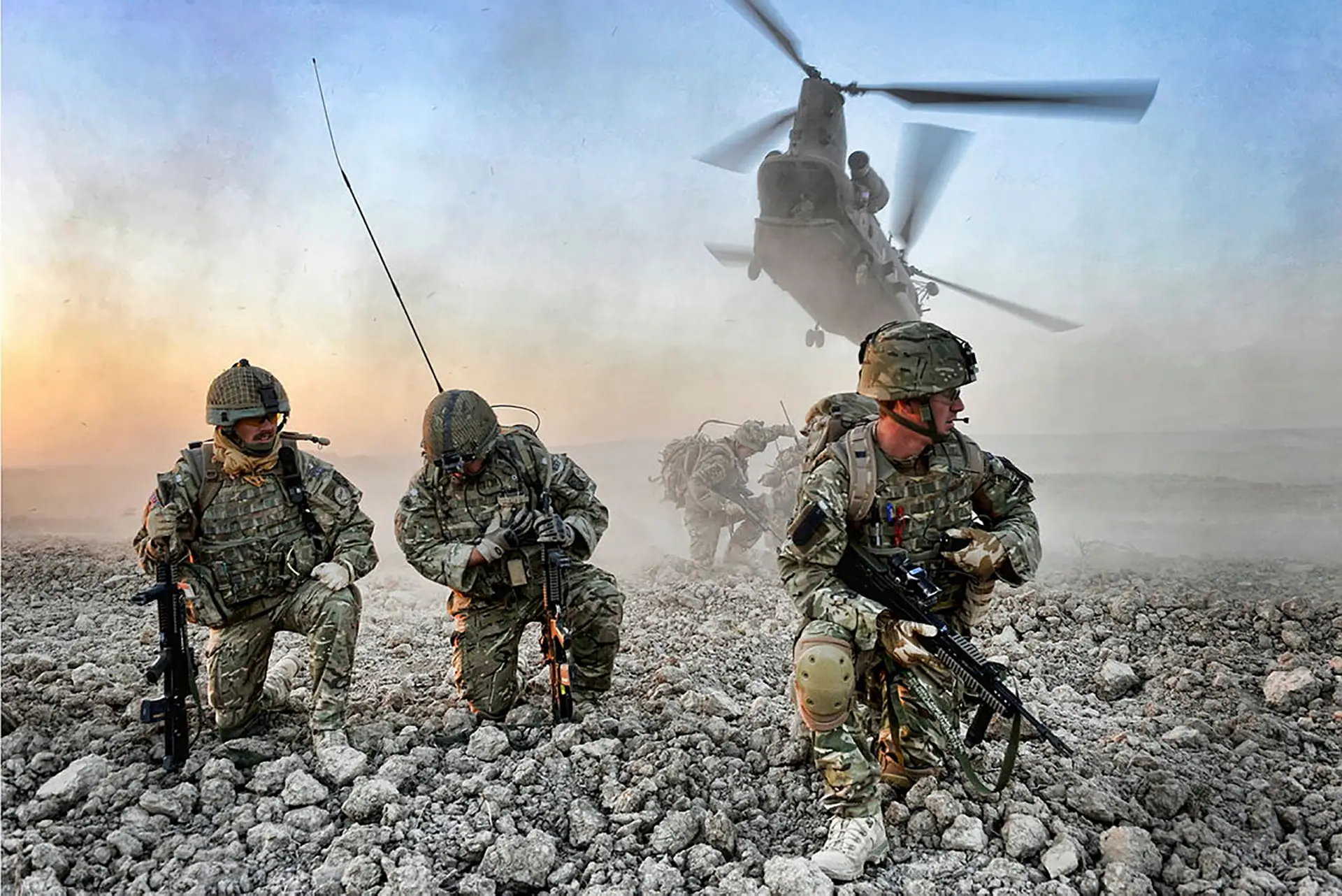
 HOME
HOME



